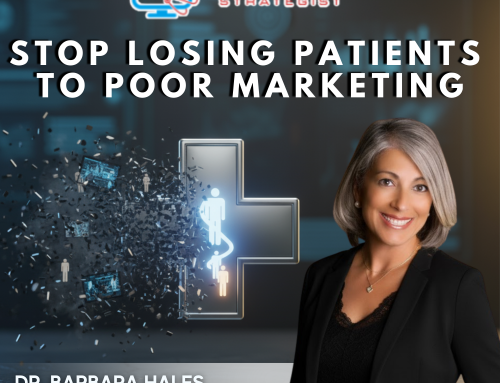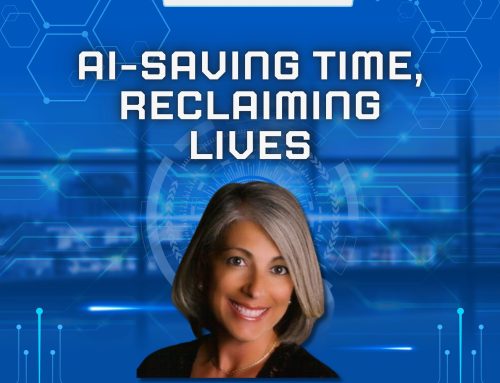
picture from Shutterstock
A report issued by the Pew Research Center’s Internet and American Life Project, Modern Healthcare (Conn, Modern Healthcare, 5/14) discusses health data connectivity. In the report, technology specialists foresee extensive use of wearable and embedded devices that share and transmit health data by 2025.
Report Details
Pew delineates the devices as:
“a global, immersive, invisible, ambient networked computing environment built through the continued proliferation of smart sensors, cameras, software, databases and massive data centers in a world-spanning information fabric” (McEnaney, Tech Times, 5/14).
Report Findings
Network components currently used include both home and health monitoring systems. Eighty-three percent of those surveyed agreed that these transmission devices will have “widespread and beneficial effects” by 2025 (Thibodeau, Computerworld, 5/15).
Patrick Tucker, author on Internet-enabled devices, responded:
“one positive effect of ‘ubiquitous computing,’ as it used to be called, will be much faster, more convenient and lower-cost medical diagnostics. This will be essential if we are to meet the health care needs of a rapidly buy ventolin australia aging Baby Boomer generation.”
Mr. Tucker also pointed out that as of 2008, the number of Internet-enabled devices surpassed those of the human population, adding that IT firm Cisco predicts by 2020 there will be 50 billion such devices, including:
- Chips;
- Implants;
- Phones;
- Sensors; and
- Other devices not yet invented.
Salesforce.com Chief Scientist J.P. Rangaswami, was cited in the report as saying,
“Everything will become a node on a network in the future. The burden of care will reduce as a result of far better monitoring of, and response to, your physical and emotional state, in terms of health care.” (Modern Healthcare, 5/14).
Karl Fogel, a partner at Open Tech Strategies, disputes these report findings. He feels that the survey holds an innate bias because participants opted-in. In discussing the future of wearable devices, Fogel said,
“We don’t need this, and most people aren’t asking for it” (Computerworld, 5/15).
What do you think? Share your thoughts in the comment box below.



